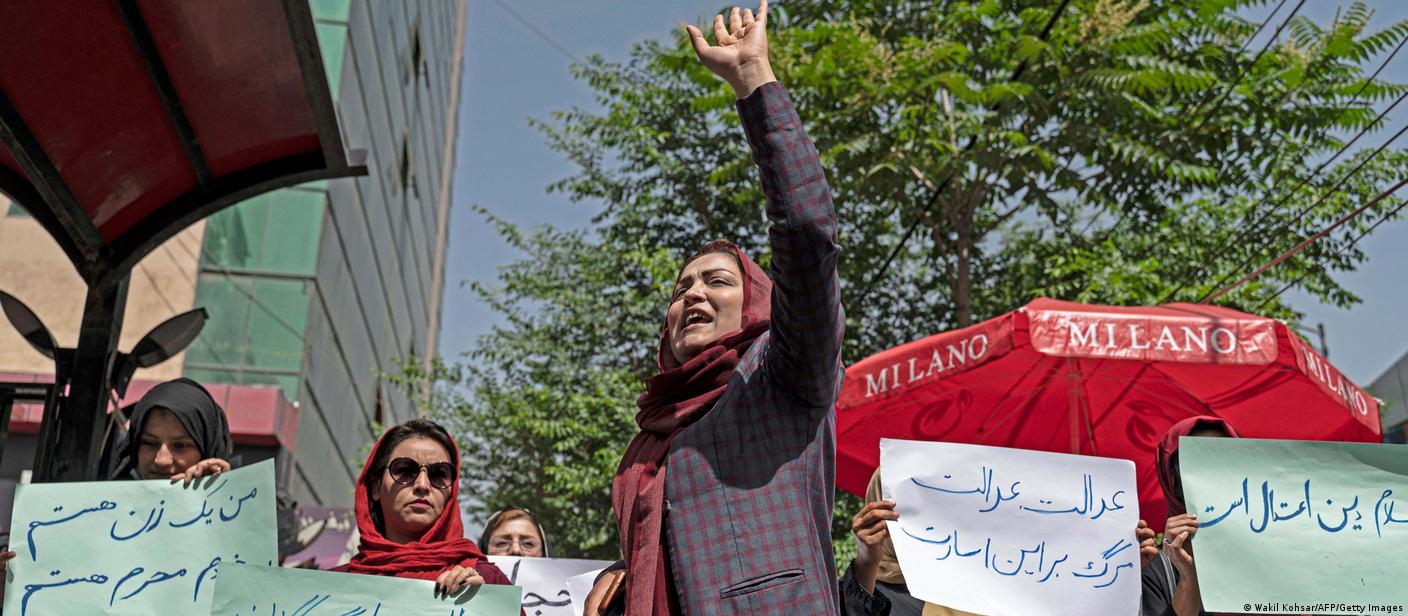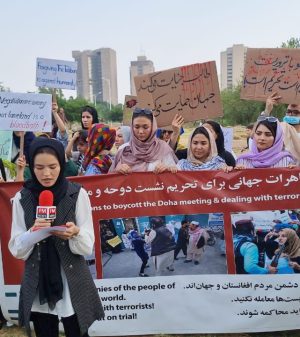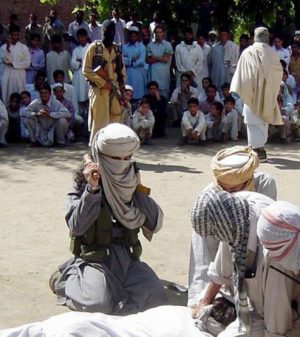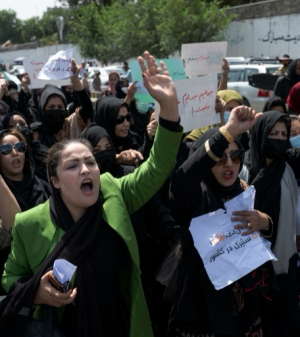 Editorial
Editorial
M. Rezaie
The Republic Constitution of Afghanistan viewed women’s rights as an element of human rights, one of whose purposes is the attainment of justice, fairness, and dignity for all human beings. Women’s rights were also supported by Afghan legal precedent, evident in the 1964 Constitution and subsequent constitutions, as well as the ratification by Afghanistan of several international treaties.
However, after Kabul fell, the Taliban attempted to neglect all of the basic rights of the Afghan citizens including women based on their harsh ideological perspective on women and their rights. As a result, the Taliban regime, a radical Islamic movement that took control of Kabul in August 2021, has extraordinary health consequences for Afghan women.
“The Islamic Emirate and its system” as the roadmap of the Islamic Emirate of Afghanistan clearly has defined the viewpoint of the Taliban on women’s rights. In the section “Government of Women”, it states, “If a woman takes office she shall lead the affairs herself. And this requires mixing with men, while Sharia has prohibited women from mixing with men.”
Considering the viewpoints of the Republic and Emirate systems on women’s rights enshrined in the Islamic Republic of Afghanistan Constitution and the Islamic Emirate System, it was not unpredictable that the Islamic Emirate of Afghanistan will start limiting women’s rights as its top priority.
As a result, a survey conducted by PHR in 2001 showed that “Women in the Taliban controlled areas surveyed by PHR almost unanimously expressed that the Taliban had made their life “much worse” (94-98%). These women reported worse physical (84% vs. 63%) and mental health (85% vs. 54%), including extremely high rates of major depression (76% vs. 28%) and suicide (16% vs. 9%), compared to women living in non-Taliban controlled areas. In fact, the majority of women (65-94%) who were exposed to Taliban edicts attributed their depression to official Taliban policy.
Imposing Restrictions on Women on the First Days of Capturing the Districts
According to Rukhshan Media, the Taliban tacked a note on 2 March 2002, saying: “From now on,” it reads, “no women can come to health centers without a mahram.” According to the Daily Outlook of Afghanistan, “The number of widows in Afghanistan is estimated to be from 600,000 to two million (2M), one of the highest in the world.” And there are many women whose husbands and or mahrams are out of the country, and if they need to go to the health facilities they will surely face serious problems and if they do not go to health facilities they may risk their lives.
Based on the new rules of procedures issued by the Taliban Ministry of Ordering to Virtue and Preventing of Vice, thousands of women have been deprived of their rights to access health care. According to Sohail (fake name), “Two women brought an infant to the Dehdadi clinic for treatment, when the Taliban noticed they had no mahram with them, the Taliban kick them out of the clinic and then hit them with the butt stock.”
According to Dr. Jamal (fake name), who works in Istiqlal hospital of Kabul, “women’s access to health care is increasingly restricted. Women face serious challenges accessing health care, especially testing for HIV and procreation.”
All the Laws Contradicting Sharia to be Repealed
“A Perfect Islamic system is established in Afghanistan and all the laws contradicting Sharia and passed during Karzai and Ashraf Ghani must be repealed,” Mullah Habatullah the Taliban leader said during Edi Prayers in Kandahar Eidgah mosque.
This decision paves the way for repealing nearly all laws that consider the human rights of the minority religious and ethnic groups and women’s rights in the country.
Conclusions: The current women’s rights status shows that the combined effects of Women’s rights abuse by Taliban officials have a profound effect on Afghan women’s health. Moreover, support for women’s human rights by Afghan women indicates that Taliban policies regarding women’s rights to health care are incommensurate with the interests, needs, and health of Afghan women.










Add Comment